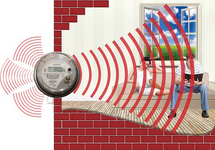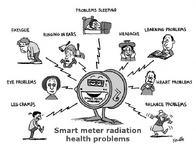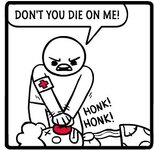- Messages
- 5,749
- Reactions
- 18,151
Some patients do come up with the most interesting ideas though with their own research.Since I've been off HCTZ for years, that isn't the problem. Thanks for mentioning hyperaldosteronism. I had no idea that existed. I'll try to avoid mentioning it with my primary care doctor, since they don't like amateur ideas. I'll just press the lack of change no matter how much Potassium supplement I take, and see if he will send me up the ladder to a specialist.
If I can't get action, I'll have to press harder.
Thanks again!!!!
I recently had a patient tell me I diagnosed her wrong and she made her own diagnosis and after her research she insisted I treat her with propofol and succinylcholine.
Propofol is of course what killed Michael Jackson and is a powerful sedative that can stop breathing. succinylcholine is much worse and is the muscle paralyzer they use during surgery. It paralyzes every muscle including the diaphragm.
If I did what she said it would have killed her within 20 seconds or so. Faster than what they use for lethal injection.
At least she asked for both. If she only asked for the succinylcholine, she would have been wide awake when she stopped breathing and would be well aware of her immediate suffocation.




















